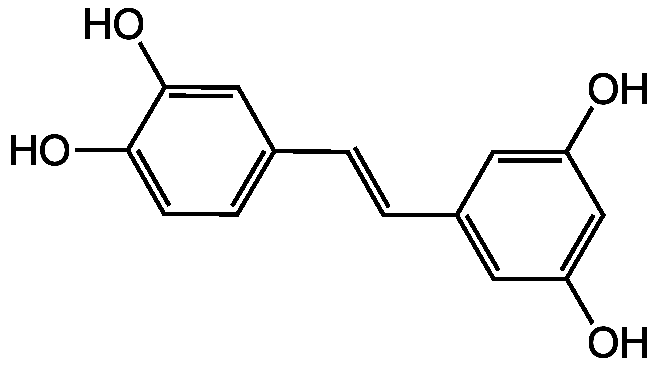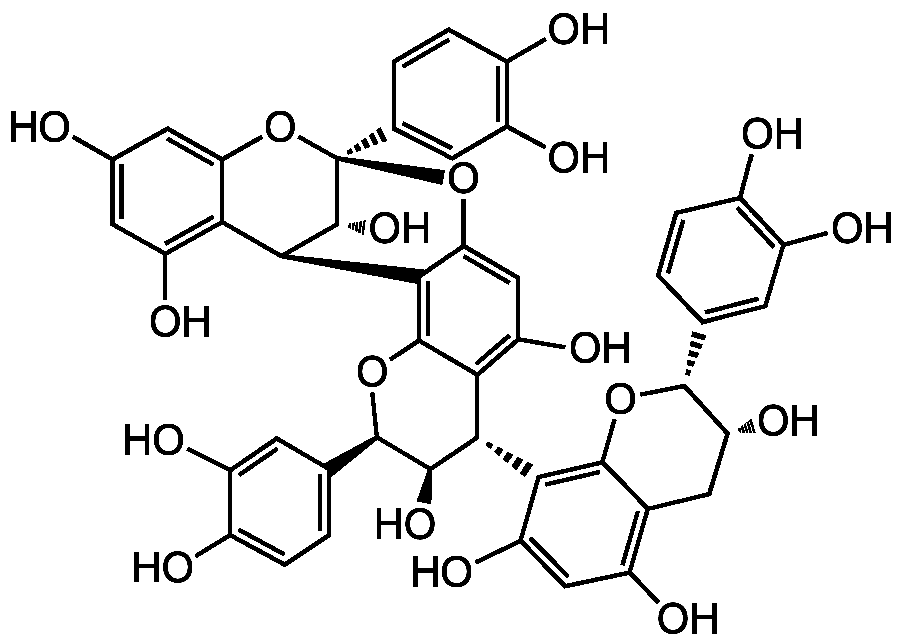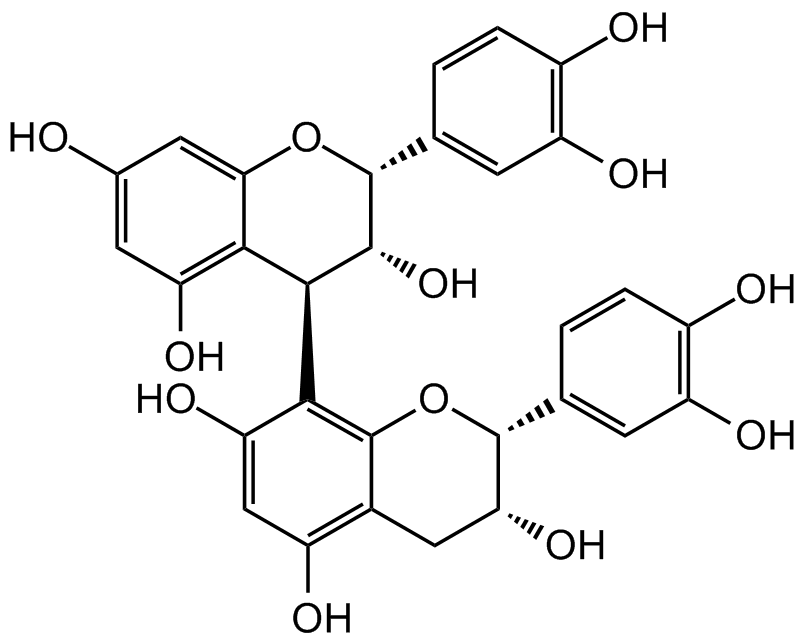
Chemical Structure
Phloretin [60-82-2] [60-82-2]
CDX-P0487
CAS Number60-82-2
Product group Chemicals
Estimated Purity>98%
Molecular Weight274.27
Overview
- SupplierChemodex
- Product NamePhloretin [60-82-2] [60-82-2]
- Delivery Days Customer10
- CAS Number60-82-2
- CertificationResearch Use Only
- Estimated Purity>98%
- Hazard InformationWarning
- Molecular FormulaC15H14O5
- Molecular Weight274.27
- Scientific DescriptionChemical. CAS: 60-82-2. Formula: C15H14O5. MW: 274.27. Phloretin is a natural dihydrochalcone, originally identified from the apple tree, and is a metabolite of phlorizin. It has numerous pharmacological effects, including anti-inflammatory, antidiabetic, anticancer, antimicrobial, hepatoprotective, neuroprotective and cytoprotective properties. Phloretin is a potent antioxidant, scavenging peroxynitrite (ONOO-) and/or suppressing lipid peroxidation, which contributes to the many biological properties. Phloretin has anti-aging and depigmenting effects, making it also attractive for dermatological research and application. Phloretin attacks a number of molecular targets, modulating different intracellular signaling pathways, including NF-kappaB, MAPK, Nrf2, and AMPK. It can modulate Ca2+ channels, PKC, GLUTs, SGLTs and other targets. The anticancer potential is based on antiproliferative, proapoptotic, antimetastatic, and antiangiogenic activities. - Phloretin is a natural dihydrochalcone, originally identified from the apple tree, and is a metabolite of phlorizin. It has numerous pharmacological effects, including anti-inflammatory, antidiabetic, anticancer, antimicrobial, hepatoprotective, neuroprotective and cytoprotective properties. Phloretin is a potent antioxidant, scavenging peroxynitrite (ONOO-) and/or suppressing lipid peroxidation, which contributes to the many biological properties. Phloretin has anti-aging and depigmenting effects, making it also attractive for dermatological research and application. Phloretin attacks a number of molecular targets, modulating different intracellular signaling pathways, including NF-kappaB, MAPK, Nrf2, and AMPK. It can modulate Ca2+ channels, PKC, GLUTs, SGLTs and other targets. The anticancer potential is based on antiproliferative, proapoptotic, antimetastatic, and antiangiogenic activities.
- SMILESOc1ccc(CCC(=O)c2c(O)cc(O)cc2O)cc1
- Storage Instruction2°C to 8°C,RT
- UNSPSC12352200







